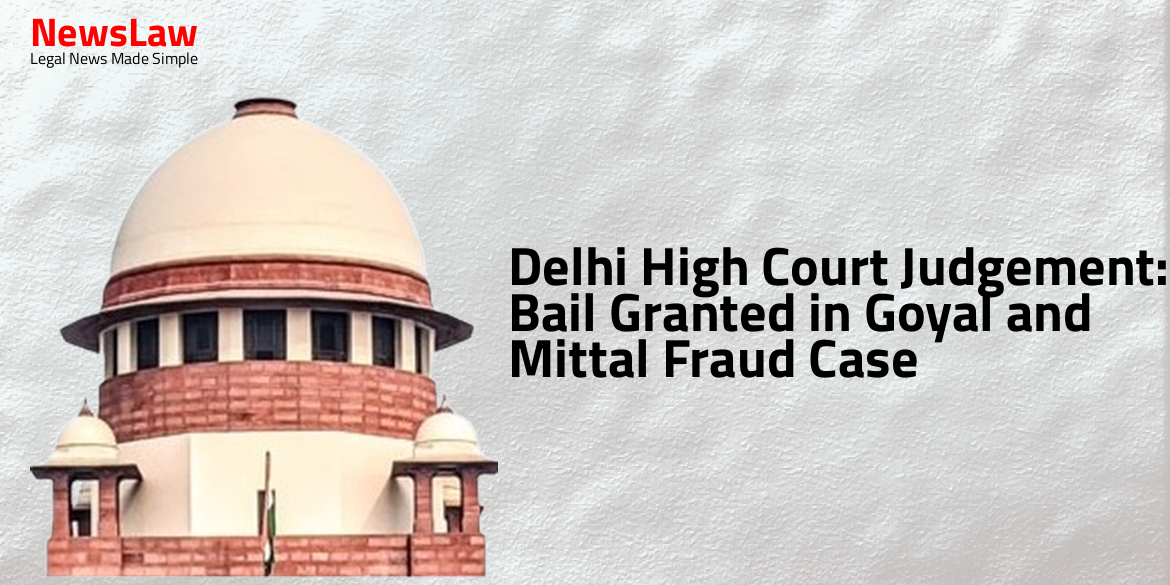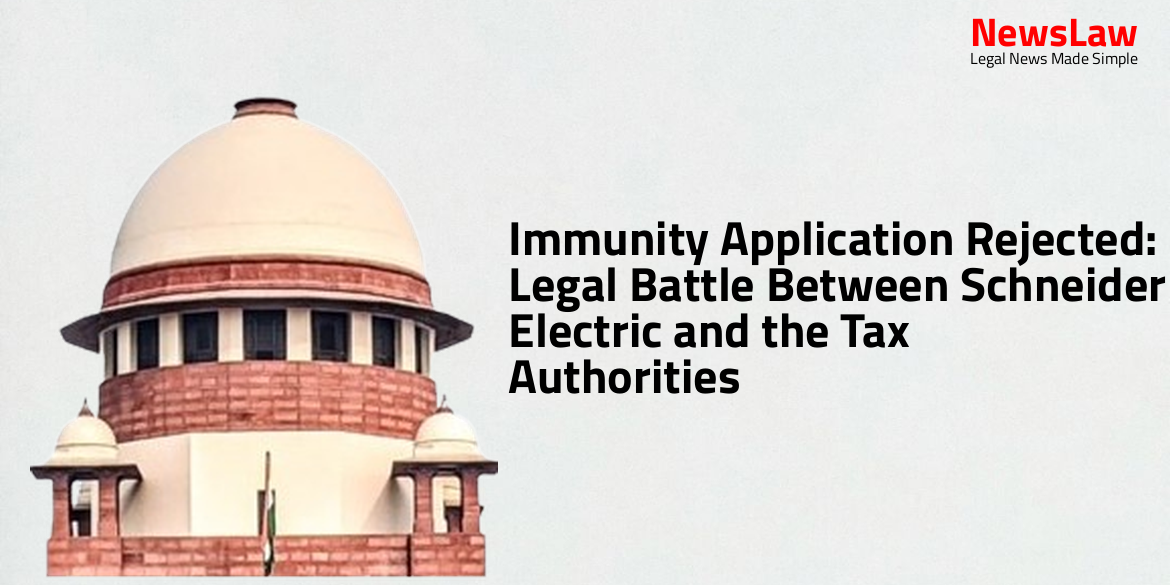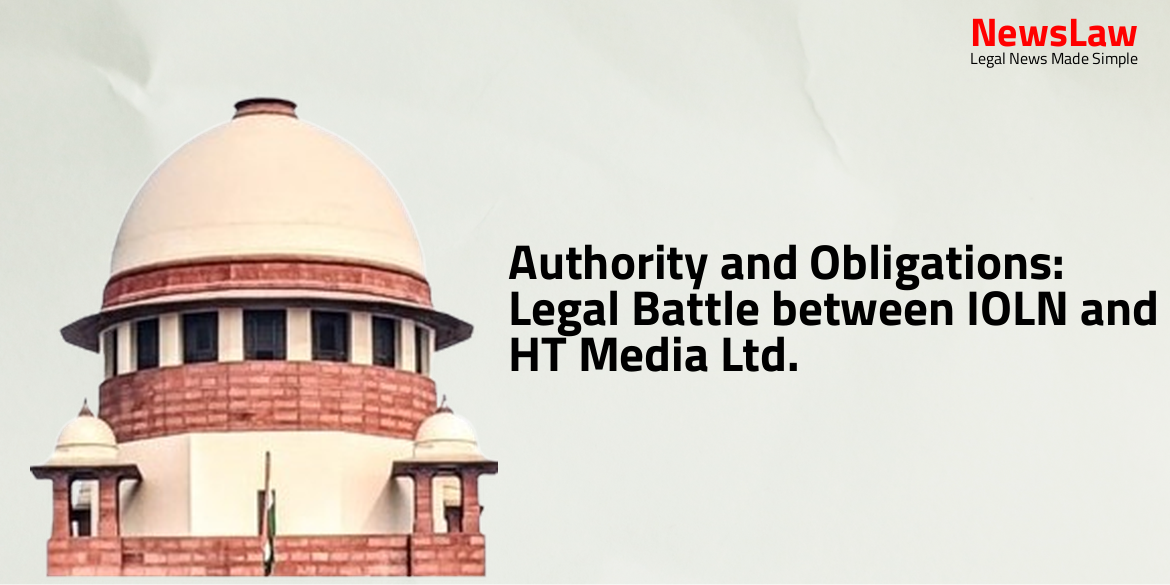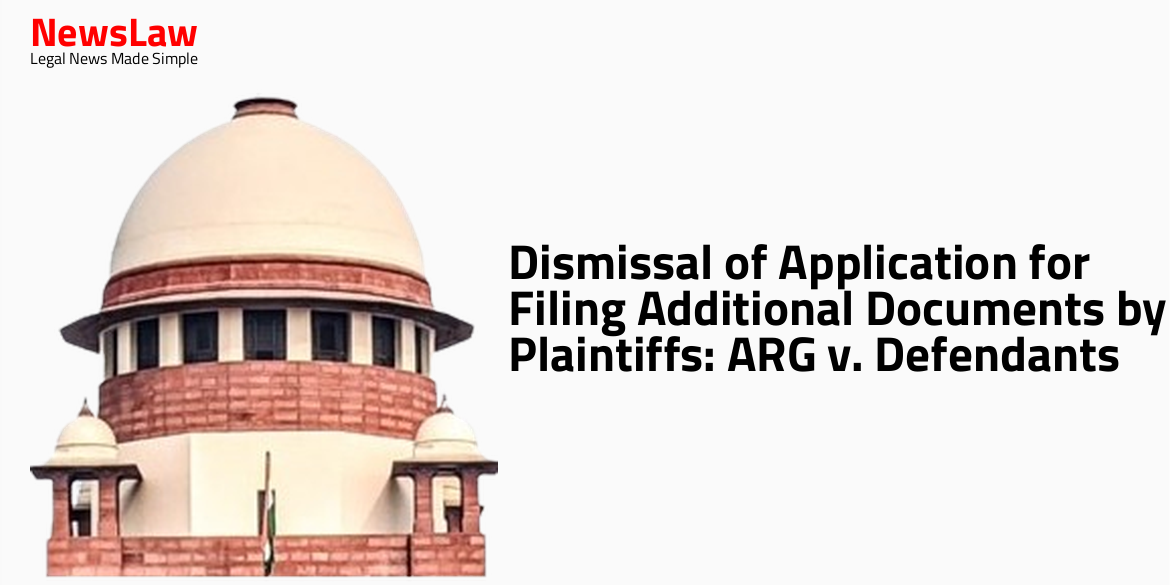In a significant legal development, the Delhi High Court has issued a judgement granting bail in the case involving Deepak Goyal and Manish Mittal. The duo, along with other co-accused, faced allegations of perpetrating a fraud scheme by availing loans through forged documents and diverting funds. The court’s decision to grant bail comes after the petitioners spent over 5 years in custody, amidst ongoing legal proceedings. This judgement marks a crucial milestone in the ongoing litigation, shedding light on the complexities of economic offenses and bail considerations in criminal cases.
Facts
- Deepak Goyal availed car loan and stood guarantor with co-accused Chanchal Goyal and Manish Mittal.
- Ajay Kapoor was another guarantor in the car loan account of Chanchal Goyal.
- Goyal opened a current account for M/s Balaji Enterprises based on forged documents.
- He mortgaged properties with multiple banks using forged title deeds.
- CBI registered FIR based on a complaint from Punjab & Sind Bank alleging fraud by Goyal.
- Goyal applied for and secured financial facilities using forged property documents.
- Co-accused Manish Mittal and Ajay Kapoor were part of the alleged fraud conspiracy.
- Properties used as collateral were found to be fraudulently mortgaged with multiple banks.
- Goyal was declared a proclaimed offender and later arrested.
- Funds were misused and diverted to fictitious firms by Goyal.
- Bail conditions were not met by Goyal leading to cancellation of bail and subsequent arrest.
Arguments
- The petitioner has been in custody for over 5 years.
- The petitioner is willing to settle the matter with the complainant bank.
- The petitioner’s accounts were declared NPA due to financial difficulties.
- The petitioner paid a significant amount after the declaration of NPA status.
- The complainant bank released three of the petitioner’s properties.
- The complainant bank initially agreed to settle but changed the terms.
- The allegations against the petitioner involve economic offences related to availing loans through forged documents and misappropriating funds.
- The petitioner has already spent approximately 5 years 2 months in custody.
- Settling the matter with the complainant bank does not absolve the petitioner of the criminal acts.
- The petitioner is declared as a proclaimed offender for evading trial after availing interim bail.
Analysis
- Bail is meant to secure the appearance of the accused at trial, not as a punishment or preventative measure.
- Detention should only be necessary to ensure the accused’s attendance at trial when called upon.
- Courts must respect the principle that punishment begins after conviction, and every individual is presumed innocent until proven guilty.
- Prolonged detention pending trial can cause great hardship, and necessity is the operative test for such cases.
- Criminal courts, particularly trial courts, are guardians of liberty.
- Considering the societal impact of financial irregularities, economic offenses can be considered ‘grave offenses.’
- Gravity of the offense in bail applications is assessed based on the facts and circumstances of each case.
- Grant of bail is the rule, refusal is the exception, to ensure fair trial opportunities for the accused.
- Presence in custody may not be necessary for further investigation after completion by the investigating agency.
- Delays in trial commencement and conclusion should be considered, and indefinite custody without a reasonable trial timeline is unjust.
- Seriousness of the allegation and evidential support are not the sole reasons for denying bail.
- Bail application considerations should not be punitive, distinct from potential trial adjudication.
- The criminal courts have the duty to preserve, protect, and enforce liberty as embedded in the Code.
- Any conscious failure by criminal courts to uphold liberty would be unacceptable.
- Criminal courts are seen as guardian angels of liberty by the Supreme Court.
- The rate of conviction in criminal cases in India is very low, emphasizing the importance of protecting personal liberty.
- Imprisonment before conviction has a punitive aspect, so bail should not be denied as a form of punishment.
- Granting or denying bail is at the discretion of the court based on the specific circumstances of each case.
- Bail should not be denied based solely on community sentiments against the accused.
- The primary purposes of bail in criminal cases are to avoid imprisonment, relieve the State of custody burden, and ensure the accused’s presence for trial.
- Even in cases of serious economic offenses, bail should be decided on a case-by-case basis to secure the accused’s presence for trial.
- Courts should not decide bail applications strictly contrary to legal principles, but ensure the accused’s availability for trial and sentencing.
- It would be unjust to keep the petitioner in custody for longer than the potential sentence.
- Apprehensions of petitioner fleeing can be addressed by imposing appropriate conditions.
- Long incarceration of the petitioner justifies granting bail pending trial.
Decision
- Admitted to bail upon furnishing a personal bond of Rs. 50,000/- with two sureties of like amount.
- Petitioner must provide all mobile numbers to the Investigating Officer (IO) and keep them in working condition without switching off or changing them without prior intimation.
- Petitioner must appear before the Trial Court when the matter is scheduled for hearing.
- Petitioner is prohibited from making any inducement, threat, or promise to individuals familiar with the case.
Case Title: DEEPAK GOYAL Vs. CBI (2024:DHC:4417)
Case Number: BAIL APPLN.-764/2023



